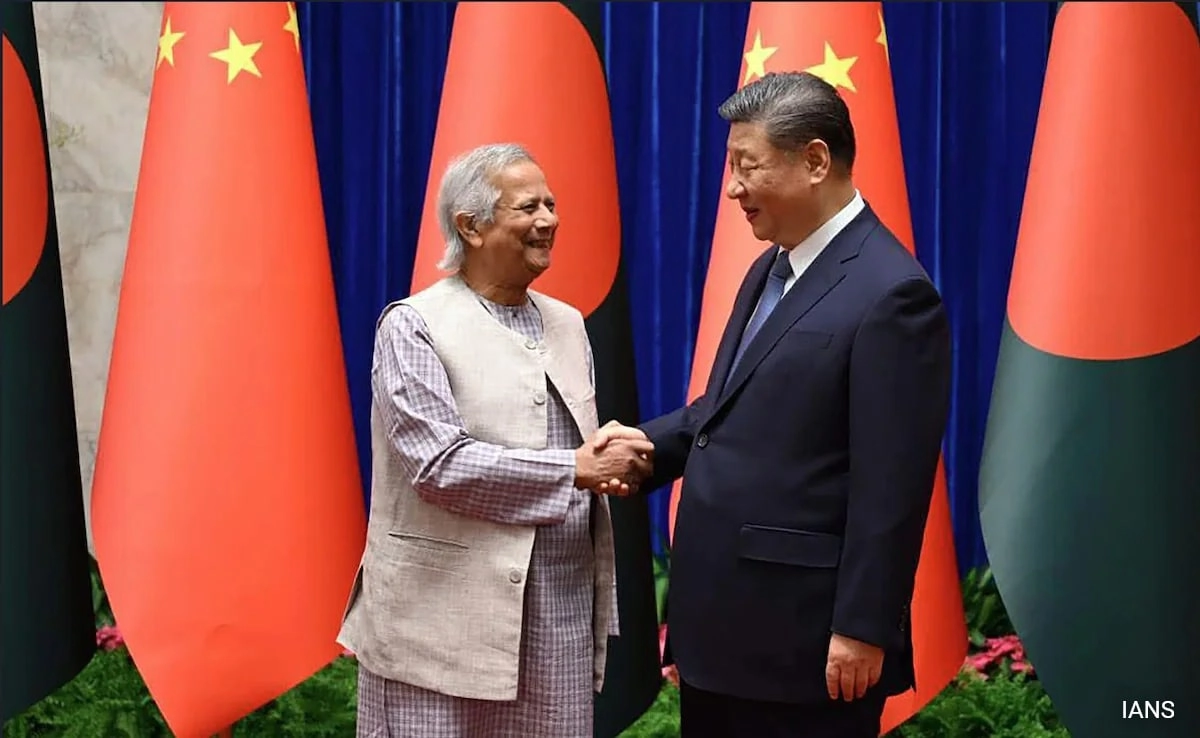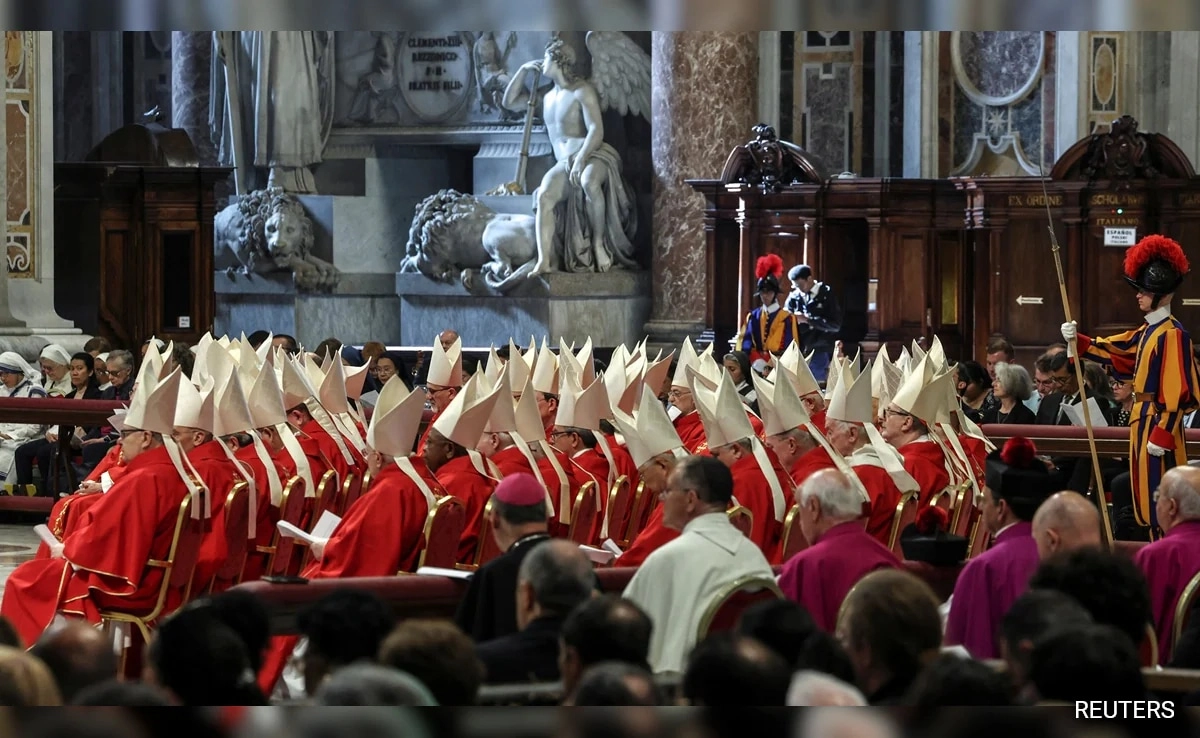In a significant diplomatic maneuver, France has expelled 12 Algerian officials amid escalating tensions between the two nations. This decision arises from a backdrop of historical grievances, political disagreements, and recent controversies that have strained relations since Algeria gained independence from French colonial rule in 1962. The French government’s actions signal a growing frustration with what it perceives as Algeria’s interference in its domestic affairs and a response to allegations of espionage and destabilizing activities attributed to these officials.
The expulsion comes at a time when both countries are grappling with their respective national identities and historical narratives. France has long been criticized for its colonial past, and Algeria continues to seek acknowledgment and reparations for the injustices suffered during that period. The strained relationship has been exacerbated by recent statements from both governments that reflect deep-seated mistrust. Algeria’s government has accused France of undermining its sovereignty, while France has voiced concerns over Algeria’s regional influence and its involvement in affairs that impact European security.
This diplomatic rift also highlights the complexities of modern geopolitics, where historical grievances often resurface in the context of contemporary politics. The expulsion of the Algerian officials serves as a stark reminder of how unresolved issues from the past can influence current international relations. It emphasizes the need for both nations to engage in constructive dialogue to address their differences and foster a more cooperative relationship. As France navigates its post-colonial legacy, it must balance the demands of political reality with the sensitivities of historical memory.
As tensions continue to simmer, observers are keenly watching how this situation will unfold. The expulsion could lead to a further deterioration of relations, impacting not only diplomatic ties but also economic and cultural exchanges between the two countries. Both nations stand at a crossroads, with the potential for either reconciliation or deepening discord. The need for dialogue and mutual respect has never been more crucial as they work towards a future that acknowledges the past while addressing the challenges of the present and the aspirations for the future.




